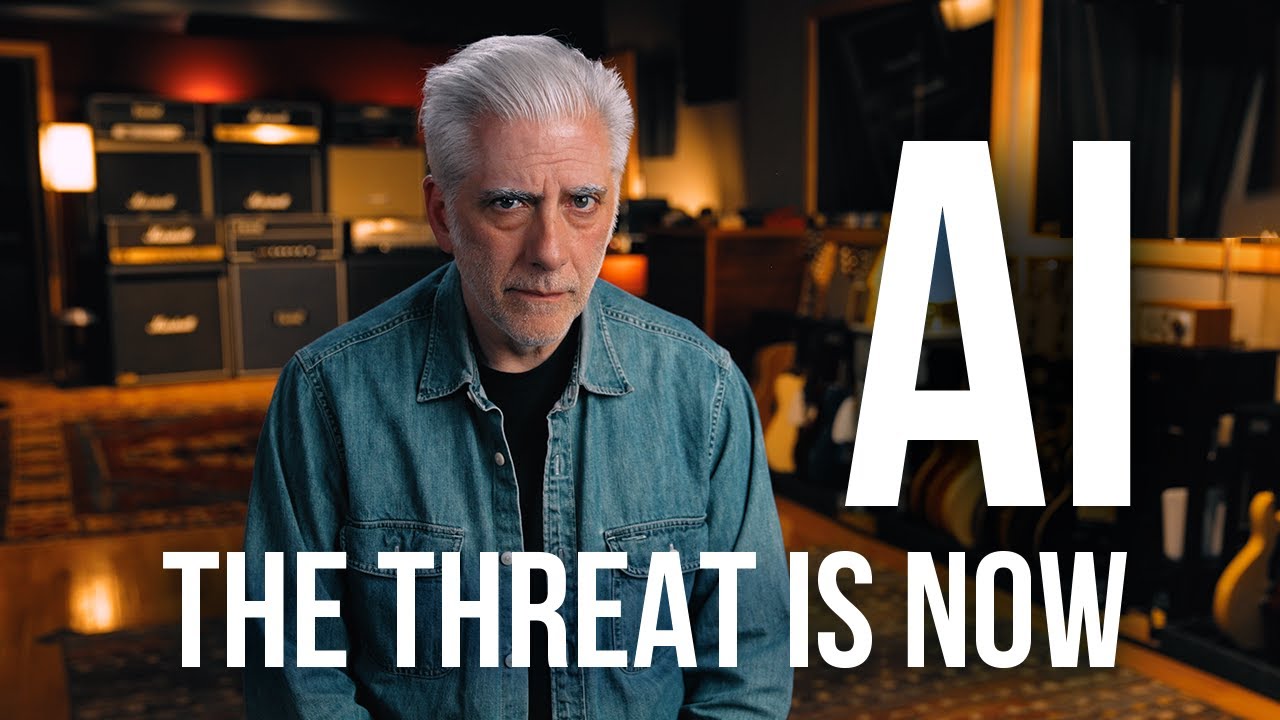In the video, Rick Biato discusses the implications of AI-generated music on songwriters, referencing a US Copyright Office report that states human involvement is necessary for copyright protection. He experiments with AI music platforms Murea and Sunno, noting that while some AI-generated tracks show creativity, they often lack the emotional depth and authenticity of human-created music, raising concerns about the future relevance of songwriters.
In the video, Rick Biato discusses the recent report from the US Copyright Office regarding the copyrightability of AI-generated works. The report emphasizes that human involvement is necessary for copyright protection, stating that works created solely by AI cannot be copyrighted. Biato shares his experience testifying before Congress, where he recommended that fully generative AI creations should not be eligible for copyright. He highlights concerns about the implications of AI in music, particularly for songwriters, as advancements in AI music platforms could threaten their relevance.
Biato explores various AI music platforms, specifically Murea and Sunno, to assess their capabilities in generating songs. He begins by testing Murea, selecting a pop song and analyzing its lyrics and structure. He notes that the AI-generated lyrics sound similar to contemporary pop and country music, raising questions about originality and the potential for AI to mimic established genres effectively. Biato creates variations of the song, observing that while the AI can produce different versions, the quality and creativity of the output may be limited.
As he continues to experiment with Murea, Biato critiques the quality of the generated music, particularly the synthetic sound of the vocals and the overall composition. He expresses disappointment with the AI’s ability to create compelling and authentic music, describing some of the outputs as cheesy or lacking depth. Despite the advancements in AI technology, he feels that the generated music does not match the emotional and artistic qualities of human-created songs.
Next, Biato shifts his focus to Sunno, another AI music platform he previously reviewed. He listens to several AI-generated tracks, noting that some of the outputs are surprisingly good and exhibit a level of creativity that could appeal to listeners. He highlights the effectiveness of Sunno in producing music across various genres, including dream pop and ambient styles, and acknowledges that the AI-generated vocals sound impressive and engaging.
In conclusion, Biato reflects on the potential impact of AI music generation on the industry and the future of songwriters. While he recognizes the advancements in AI technology and its ability to create music that resonates with audiences, he remains skeptical about the authenticity and emotional depth of AI-generated works. He invites viewers to share their thoughts on the matter, emphasizing the ongoing debate about the role of AI in music and the importance of human creativity in the songwriting process.
